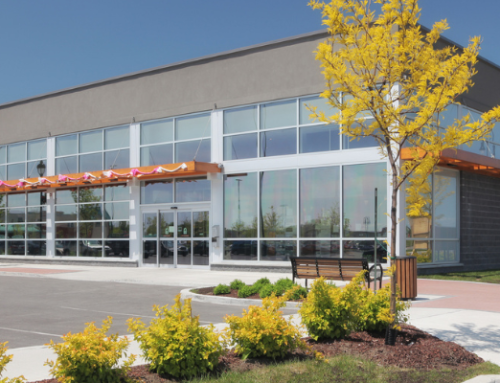Among other year-end tax planning items, taking advantage of the expanded tax deduction for business expenses is one way that construction contractors and other taxpayers can maximize tax savings before 2023. Starting January 1, 2023, the temporary two-year increase to the meals deduction goes back down to its pre-pandemic amount: 50 percent.
Deducting Meal Expenses at 100 Percent
Since the beginning of 2021, the tax deduction for business meals has been 100 percent. It was increased in the Consolidated Appropriations Act to help boost restaurant sales in the wake of COVID-19. It’s set to expire at the end of 2022 and won’t be renewed.
To qualify for the expanded deduction while there’s still time, contractors must meet the following criteria:
- The food and beverages must be purchased from a restaurant or caterer.
- Food and beverages don’t need to be consumed on-site and can be delivered, but they must be for immediate consumption.
- An employee, owner, or manager must be present.
- The purpose of the meal must be directly related to the contractor’s primary business.
- Food and beverage purchases must be ordinary and reasonable for the circumstances; lavish and extravagant expenses are likely to be scrutinized.
- Payment must be made before January 1, 2023.
Additionally, tips, delivery fees, and sales taxes are included in the deductible total – but the cost of employee transportation to and from the meal is not part of the total.
Another distinction is that if food and beverage purchases are included in an employee’s W2 income – or if food and beverages are provided to at least half of all employees – the expense can be fully deductible.
Food or beverages bought from grocery stores, liquor stores, convenience stores, vending machines, and other specialty food stores that sell primarily prepackaged items are disqualified. However, business purchases from these establishments could still qualify for a reduced 50 percent deduction – it’s important to keep the expenses separate from 100 percent deductible amounts.
Contractors that offer meals to employees on-site may not be allowed to fully deduct those costs. If the contractor operates the food facility (like an employee cafeteria or on-site restaurant), even through a third-party, those expenses cannot be fully deductible.
Ways to Use the Expanded Meals Deduction Before 2023
Sometimes, spending money results in a double perk: it can help to grow the business and provides a tax benefit. To the extent that expenses, which are ordinary and necessary costs of doing business, can be deducted, the less tax the contractor will ultimately owe. Maximizing tax deductions is a key tax planning strategy, especially in years where tax incentives are ending or being reduced.
There are several ways that contractors can use the 100 percent meals deduction over the next several weeks. Consider these ideas:
- Holiday parties for employees, customers, and/or vendors
- Business meetings – lunch, dinner, or happy hour – either with food brought to the office or dining on-site
- Customer or employee appreciation gatherings
- Food and beverage purchases at business outings
It’s important to understand nuances with business outings. Entertainment expenses, like tickets to performances, sports games, golf outings, and similar events, aren’t deductible at all. Contractors can still use the 100 percent meals deduction for food and beverages at these events if there are separate receipts or invoices.
Documentation Requirements
Substantiating expenses for the business meals deduction is easy; it’s also easy to lose track of details if a clear process isn’t followed, though.
Contractors need to retain the original receipt or invoice and notate the date, purpose, and attendees of the meeting or gathering. Food and beverages provided to spouses and friends don’t qualify for the 100 percent deduction and would need to be deducted from the total allowable expense. For some family-owned contractors, meeting the business purpose of some food and beverage purchases might be harder. In those cases, it’s important to keep business and personal expenses separate and ensure the IRS’s rules for the expense being closely related to the business are met.
There are two ways to meet IRS expectations for business purpose: the directly related test and the associated-with test.
The directly related test usually takes place in a clear business setting without many distractions. There were active business discussions, and the contractor must have more than a general idea of how to generate income or other business benefit as a result.
In other cases, the associated-with test may be easier to meet. In those cases, there must be a clear business purpose, like discussing a new contract, keeping current employees, or fostering business relationships with government agencies. Further, the meal should occur directly before or after a “substantial and bona fide business discussion.”
Contractors should be prepared to clearly document the purpose, whatever it may be. Facts and circumstances matter.
Utilizing the 100 percent meals deduction before it’s reduced on January 1, 2023 can help contractors manage their tax liability while benefiting the business. Questions about which expenses qualify and how to document food and beverage purchases can be directed to Jennifer French, CPA, Partner and Team Leader of PBMares’ Construction and Real Estate group.





